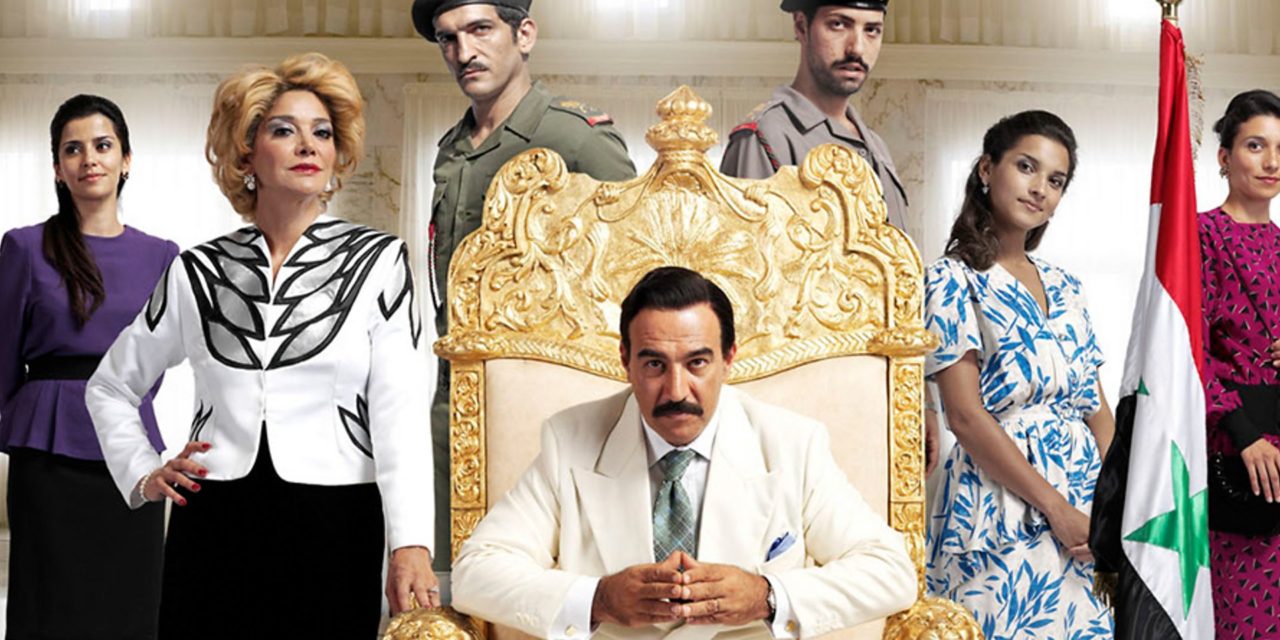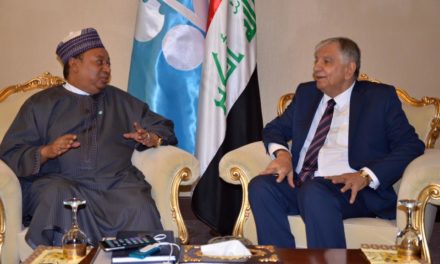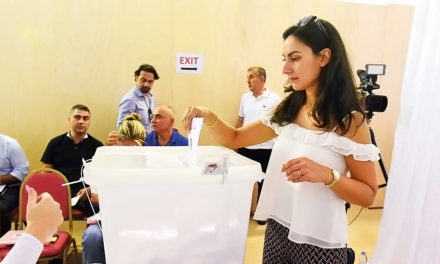(House of Saddam miniseries. Photo: BBC)
Not long ago I wrote a graduate paper for a course taught by public policy professor Sandford Borins of the University of Toronto. The paper focused on the application of Borin’s work in public sector narratives to a little-known HBO miniseries on the rise and fall of Saddam Hussein. The project proved to be an interesting foray into the intersection of politics and culture, and a look into how a certain segment of the West viewed Saddam and Iraq during the time.
The series, called ‘House of Saddam’ was comprised of four episodes that spanned the public and private life of the Iraqi dictator and dramatized his brutal reign over the country. Like other post-Gulf war depictions of Iraq, it rested on a few all-too-common tropes that continue to influence even today’s Western depictions of Iraq.
The most damaging involving Iraqis themselves. In the series, Iraq’s citizenry is depicted bereft of any sort of agency and intellect, merely shown as a submissive foil to Saddam’s tyrannical character. Iraqis are portrayed as a helpless monolith, dependent on the West and specifically on America for emancipation and freedom from the tyrant Saddam Hussein. The series employs aesthetics of poverty, violence, and suffering to reinforce an emotional engagement with viewers that overemphasizes the helplessness of Iraq’s population and the need for an entity to stop the misery of the Iraqi people. Iraqis become props used to bolster the tyrannical persona of Saddam Hussein and reinforce dominant Western imperialist narratives of liberation through intervention. Iraqis are seen but not heard. What follows is an insidious undertone reflected in this passive depiction of Iraqis. The main point being that US intervention is necessary and that the depiction of Iraqis as totally helpless prima facie warrants what we have all come to see as a costly and tremendously destructive war.
Of course, such a narration can be easily disputed and anyone with a more than superficial knowledge of Iraq during the time would know that the HBO miniseries paints too simple a picture of the Iraqi population. Unfortunately, not everyone during this period, perhaps not even the majority of Americans, had an adequate knowledge of Saddam’s Iraq and what the citizenry of the country really felt; and if ‘House of the Saddam’ was their first acquaintance with the topic, their subsequent ideas of Iraq and the war would be distorted by the hawkish narrative espoused by the series.
To borrow a phrase from Said who posited “British knowledge of Egypt is Egypt for Balfour”, House of Saddam’s knowledge of Saddam and Iraq is Saddam and Iraq for a Western audience. And what is more, it is not the only piece of mass media that arguably put forth an erroneous portrayal of Iraq. Indeed, films like ‘The Devils Double’, ‘American Sniper’, and other similar media depictions do a similar job in presenting flawed narratives that presuppose or outwardly justify the 2003 Iraq War and all its outcomes.
Reversing the Helpless Iraq Trope
In recent times films like ‘Mosul’ and ‘Baghdad Central’ have sought to create new, more Iraqi-centered pieces of fiction to depict the country’s recent history and current events. These pieces of media attempt to reflect Iraq more sincerely and with nuance as opposed to their old post-Gulf War counterparts. Rather than portraying Iraqis as the helpless other, they build narratives and protagonists out of Iraqis and center them in telling the story of the Iraq War and its aftermath. In doing so they reverse the dangerous trope of a helpless Iraq that productions like ‘House of Saddam’ have perpetuated.
There is still a lot to be done when it comes to depicting a more genuine Iraq to the West, and even to diaspora communities, and vital to this depiction is interesting and nuanced fiction pieces that help re-assert Iraqis within the current reality of Iraq. Fiction frequently influences our understanding of the reality around us and can impact our perception of future events. Too often has the narrative of a helpless Iraq been used to hurt Iraq and its population by justifying oppressive policies and neglecting the voice of the Iraqi people themselves. We have a chance to reverse this trope in the fiction that we consume about Iraq. Moreover, we have a chance to move beyond orientalising tropes that are too often used to make depictions of the Middle East more digestible to a Western audience, towards a more sincere and honest illustration of the peoples and topics these pieces of fiction claim to represent.
Iraqis have a central role in this process of reversing the trope of a helpless Iraq. All efforts should be made to put agency into the hands of Iraqis, especially those who come from the country’s more marginalized populations. To tell authentic stories that transcend war mongering portrayals and help acquaint Iraqis and non-Iraqis alike to a much fuller conceptualization of just what it means to be an Iraqi post-2003. Iraqis have an opportunity to tell their stories more than ever. Not just in big budget studio films but on YouTube and Twitter through self-publishing and blogging. Let Iraqis tell their stories. So that we can move on from depicting them as the helpless other and empower Iraqis to tell the story of their country themselves, and most importantly, its future.

Mark Chamoun
Mark Chamoun holds a Master of Arts in political science from the University of Toronto and is interested in current Iraqi affairs, politics, and culture.










